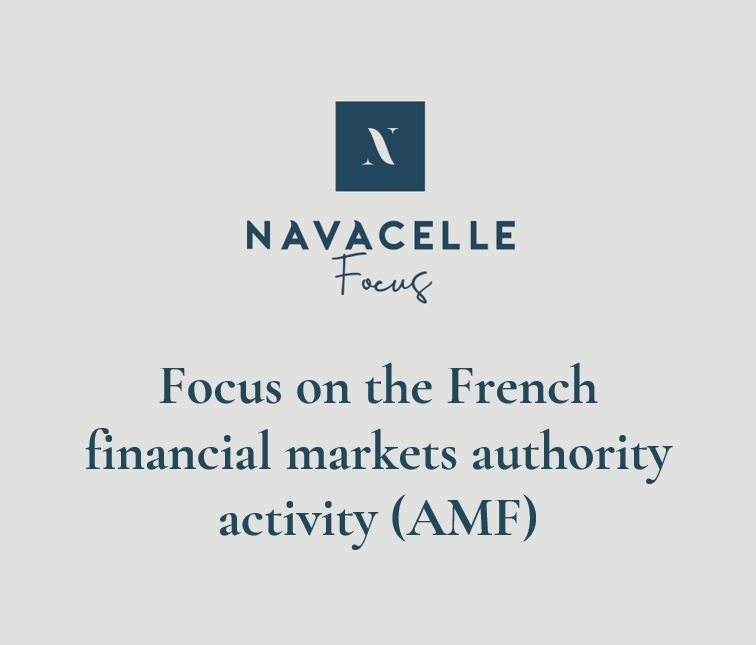On February 20, 2019, the Swiss company UBS AG, its French subsidiary and five former representatives was sentenced by the Paris Criminal court (Tribunal Correctionnel) to a 3.7 billion euros fine and to 800 million euros in damages to the French State for unauthorized banking solicitation, aggravated tax fraud and money laundering1 (UBS AG had neither the authorization to prospect, nor to exercise banking activities in France) but also for tax fraud2 and aggravated money laundering3 for having organized illicit transfers from Swiss undeclared accounts to offshore accounts between 2004 and 2012. UBSF was prosecuted in parallel proceedings as an accessory to both offenses.
The proof that a settled agreement is always the best strategy?
Although not reflected in the Paris Tribunal decision, UBS previously entered discussions with the National Financial Prosecutor4 (“PNF”) to explore a negotiated alternative with a Convention Judiciaire d’Intérêt Public (“CJIP”).
Indeed, UBS was offered a CJIP that would have requested the company to pay an amount in the ballpark of 1 billion euros in return for a monitoring period followed by the probable dismissal of all charges.
This offer was considered as an excessive financial burden by UBS who rejected it. The choice to leave it to the courts results in a considerably higher payout, a staggering financial loss for the bank, raising the question of the judicial strategy that prosecuted companies should adopt in such cases.
The UBS case is a signal that the French authorities – and the PNF in particular – intend to show a more hardline approach that has a real impact on companies that violate French law.
However, it would be a mistake to conclude that this decision shows that companies should always accept a CJIP. By opting to refuse the CJIP, UBS took a risk, but chose to let the legal debate run its course.
If the prosecution’s narrative can be challenged, the trial could be the better solution. The decision to opt for one or the other needs to be taken after weighing the pros and cons. In the process of a cooperation with the authorities for instance, defendants have no guarantee that the documents and information communicated will not be used at a later stage, in case of failure of the CJIP.
Either way, criminal trials will always be subject to uncertainty. UBS counsel has appealed the trial decision.














